AI for Marketers: How Search will Evolve in the Future
Sharon Gai
07/31/24 | Artificial Intelligence
AI for Marketers: How Search will Evolve in the Future
I received an interesting comment the other day, when I picked up a call with a potential client who wanted to book me for a speaking engagement. I would always ask – so where did you find my information? The usual answer would be Google, “I’ve been following you for a while” or “someone recommended you”, but this time it was different. The client said he found me while searching in ChatGPT.
This led me down a big rabbit hole and an inkling that this might be the beginning of something small businesses (and probably all businesses) will need to investigate for the future.
Our Ties to Search
If we took a cross section view of the Magnificent Seven in previous years, perhaps the company with the most amount of data is Google. It’s also the company with the most amount of users. Not everyone might have Tik Tok or Facebook, but it’s hard to part from something like Google as a user. With the mission of organizing the world’s information, it’s become an inextricable tool to cater to all our needs. Need a restaurant? Store? Directions? It’s our trusted app to give us all our answers.
With the proliferation of Gen AI tools, however, and their growing usership, more and more people are opting for Gen AI tools to provide answers, and this will have a profound change in our search experience.
A Different UX
Instead of looking at a search bar…
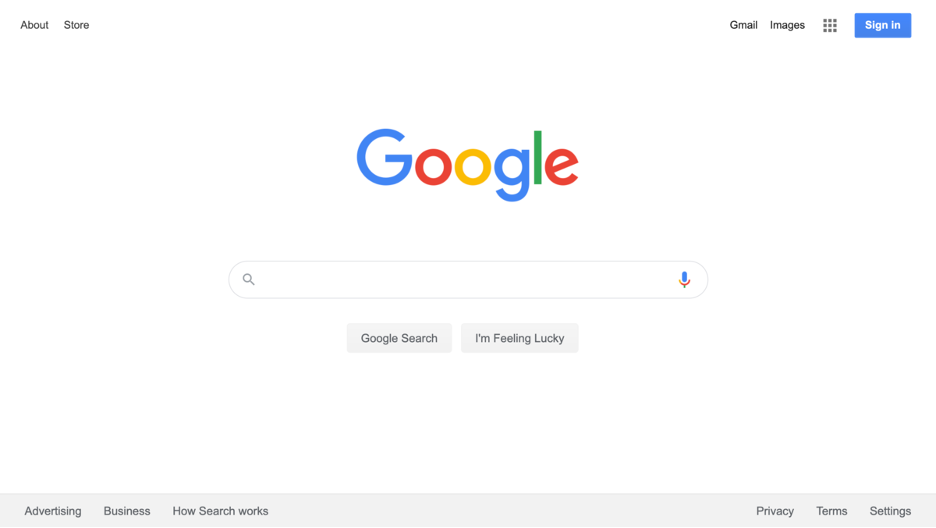
We now look at a chat box.
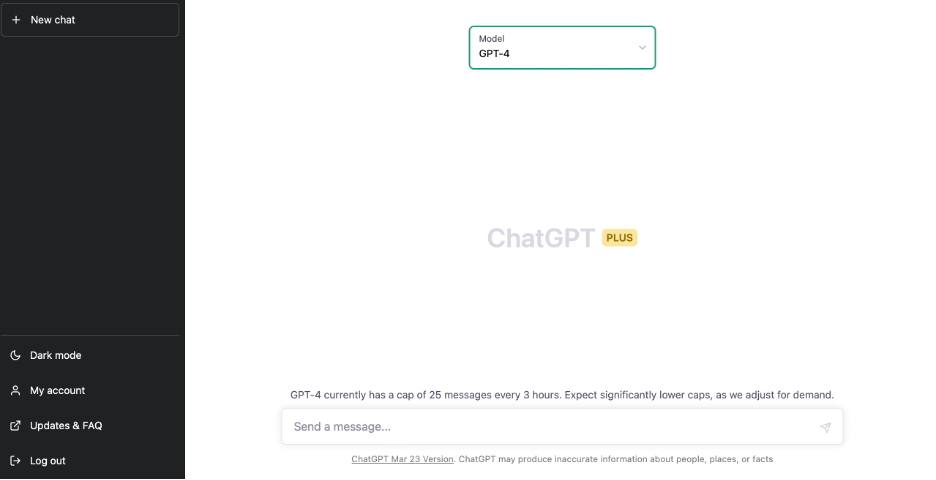
Instead of typing one sentence or phrase into Google, like “Best brunch restaurant in San Francisco” or “High Protein Cat Food” (yep I just looked at my own search history just now) we’re now being pushed to be more and more specific with our wants: a term we are all familiar with by now, prompting.
Maybe instead of just looking at “Best brunch restaurant in San Francisco”, we’re also celebrating a 10 year anniversary, maybe our partner has a dietary restriction, maybe we are foodies and want to only select restaurants that had been selected to be a part of Restaurant Week. We’re feeding way more information into this chat box than we did in a Google search bar. Now we’ve evolved from “Best brunch restaurant in San Francisco” to a brunch restaurant that can provide a celebratory experience, is exquisite in food selection since it’s been part of Restaurant Week, that serves gluten free food and so on and so on.
There are also several UX elements that will change the way we approach an answer. In a typical Google search box, there is visually space for a short search term. We input a term and then will read through several listings to see what the best answer is, but in a ChatGPT format, since the memory updates, we can continually to prompt until we are satisfied with the answer that we have.
Why I think LLM will Dominate Search
Personalization
When we look for information, the goal is for us to NOT look for it. Wouldn’t it be great if I opened a search box, and based on where I was located, the time I’m searching, the people I’m with etc that it already knows what I want to look for? Google is already doing this, as we’ve all had the experience of typing a single word into it, and our whole intended search question populates in the search box. LLM’s might be able to do this at another level. Since ChatGPT can remember what has been typed before, including the way we dig for information, ask our questions, our previous preferences, it would allow the LLM to maintain context throughout our usage. This should lead to more accurate, relevant, and coherent search results, as the AI can consider the user’s search history and previous queries in its responses.
Less Time
Instead of me needing to read through pages and pages of potential answers, and for me to look for the answer located on a particular page, ChatGPT can streamline the search process and save users time by providing direct answers to their queries. Things that are faster, cheaper, and better quality will always win as users will always lean towards an easier, more frictionless experience.
Natural language processing
ChatGPT’s advanced natural language processing capabilities enable it to better understand and interpret complex queries or questions phrased in everyday language. When it’s unclear on what you’ve asked, it will also check and prompt back if this is what you meant. This can be particularly beneficial for users who may struggle to formulate precise search queries or are unfamiliar with specific search techniques.
My Own Data
My own circle of followers is the best place to start how much AI has crept into our search behavior. I surveyed my Linkedin followers to ask where are they starting their search journey and 30% replied they are using a LLM of some sort of find information. While the majority is still using a traditional search engine, I was still very surprised to see the 1/3 number.
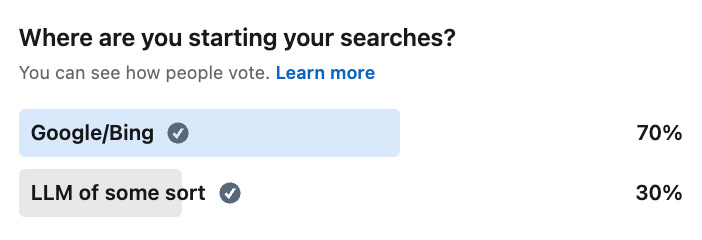
From SEO to AEO or “AIO” (AI Optimization)
So what does this mean for business owners, large and small? Well we know to adjust SEO strategies based on the changing ranking algorithms of Google, and if we can’t get to the first couple of listings, our website or company might still eventually show up if the user scrolls far enough. In the era where LLMs will dominate for search, how do we get our service to even show up? Because of the direct nature that LLMs provide in terms of answering something, if we did ask the question “best brunch restaurant in San Francisco”, it might only suggest three (or few or limited) restaurants. This shift in behavior will ultimately change the rules of SEO and the way that information is ranked. Already a new term has been developed called AEO – Answer Engine Optimization, how do we get ourselves to show up if someone were to ask a Gen AI tool.
Below is a table that lists many of these differences.
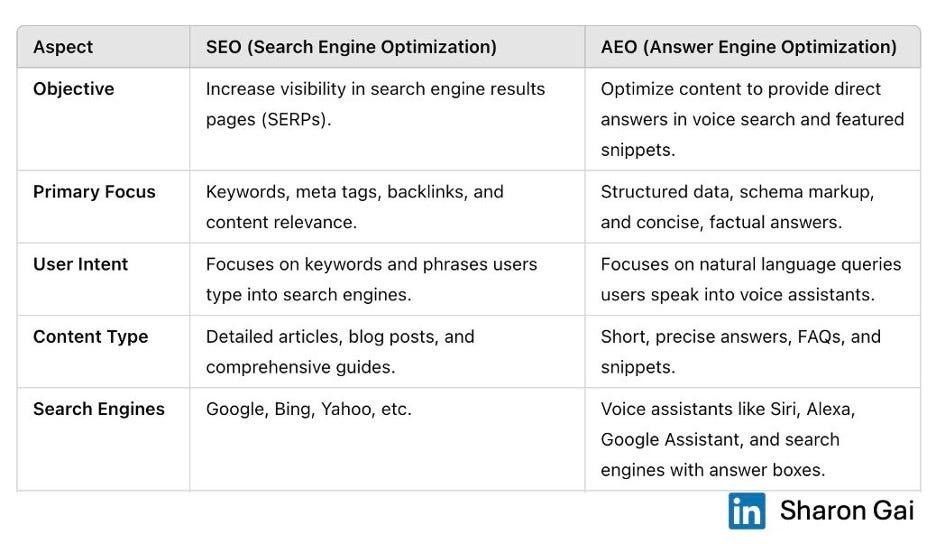
AI for Marketers
The key here is to also be specific as possible, since the user will be as specific as possible with their prompts. What can marketers do during this new phase? Below are several steps to consider in the new age of incorporating AEO into website ranking.
Structure Content Around FAQs
The first step is to think in the shoes of the searcher. What questions does this person have that your product or service can answer? This can be easily formed by creating a FAQ on your website that allows a potential answer engine to match their user’s question to your website.
Use long-tail keywords and natural language
Long-tail keywords are more specific than short-tail keywords and are more likely to be used in generative AI search queries. For example, instead of using the keyword “restaurants,” you could use the keyword “restaurants near me with outdoor seating.” Generative AI search engines are designed to understand natural language, so use natural language in your website content and on-page SEO. For example, instead of saying “our company provides services,” say “we provide services.”
AI search engines prefer content that is easy to read and understand. Use clear headings, bullet points, and concise paragraphs to make your content more digestible. This not only improves user experience but also helps AI engines parse your content more effectively.
Use structured data
Structured data is a way of organizing your website content so that it can be easily understood by search engines. There are several different types of structured data that you can use for generative AI search, such as schema.org markup.
Get backlinks from high-quality websites.
Backlinks are links from other websites to your website. They are a sign to search engines that your website is credible and trustworthy. Get backlinks from high-quality websites to improve your chances of ranking well for generative AI search queries.
OpenAI’s Official Foray into Search
Just a few days ago, OpenAI introduced a new product in beta called SearchGPT. This is a more blatant move of entering the search space, and curating their multi-use product specifically for more search-related instances. Currently the product is still in beta, testing with only 10,000 users, but returning search results with images, similar to Google, is starting to begin.
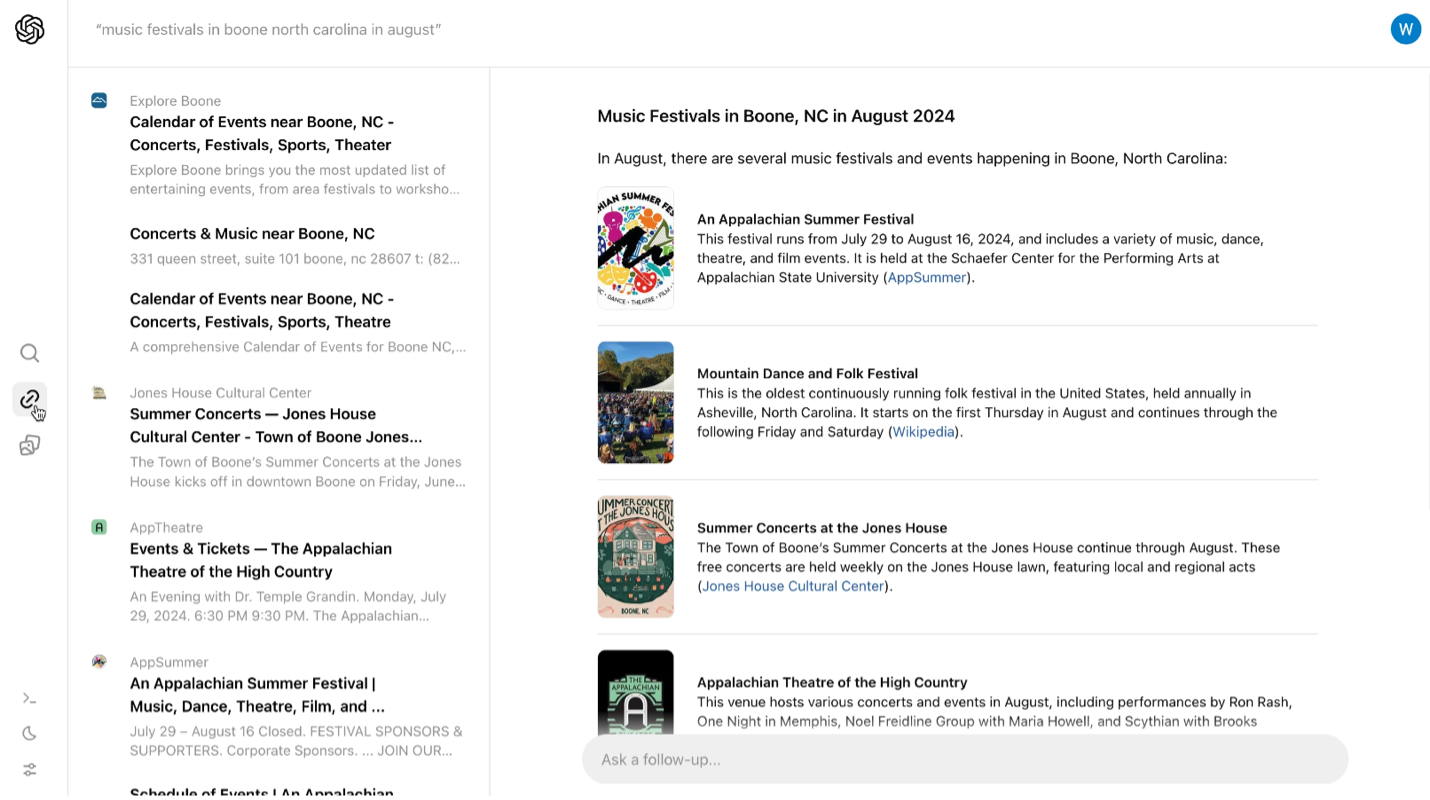
What will be interesting is how the product of Google Ads will surface. As a content producer, how can I advertise within the ChatGPT interface? Since answers are scraped and amalgamated by the website, currently there leaves no room for a website owner to advertise and guarantee impressions for their website to be shown in results.
Challenges for Publishers and Advertisers
One party that will have to evolve monetization ways is publishers and advertisers. The shift towards AI-generated summaries and direct answers in search results poses challenges for publishers and advertisers. With fewer users clicking through to websites, there are concerns about reduced traffic and potential impacts on ad revenue models. This may necessitate new approaches to content monetization and distribution.
Perplexity has already partnered with several major publishers, including TIME, Entrepreneur, Der Spiegel, Fortune, and The Texas Tribune. These partnerships are part of their new “Publishers” Program. How LLM’s will try to disrupt the current adtech ecosystem will be something I will be keeping an eye on. This is going to turn a lot of things on its head.
I’m currently writing this in Norway, cruising through the fjords and hopping from rorbu to rorbu. (A rorbu is a fisherman house in Norway, often in the deep dark red colour that we see in photos). And this trip, AI has changed my travel experience. Instead of going to good old fashioned TripAdvisor and Google, I’ve been heavily querying within LLM’s to plan my trip. But as I look up towards the fjords around me, it seems like this piece of earth is hardly affected by any of these changes. It feels like two separate worlds.

Have you changed your way of looking for information?
